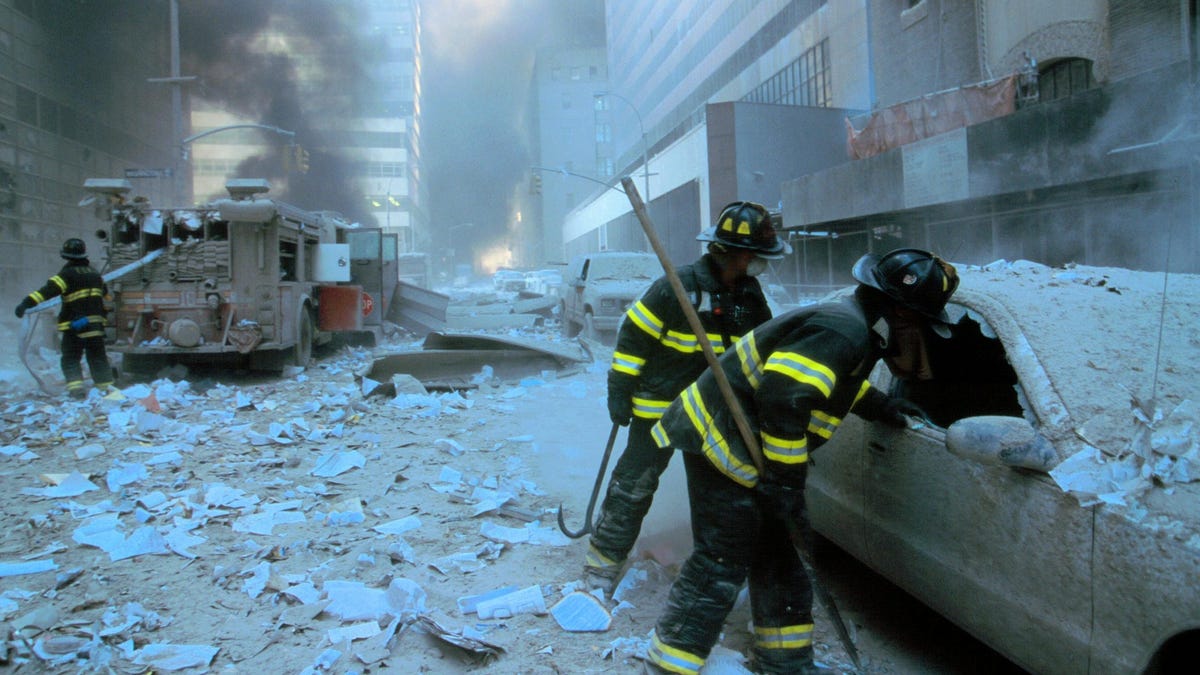
In the aftermath of the 9/11 terror attacks, first responders bravely worked to clear debris and provide assistance. However, new research suggests that their heroic actions may have come with a hidden cost: an increased risk of developing early onset dementia. Several studies have found that severe exposure to dust and debris from the World Trade Center collapse significantly increases the likelihood of developing this neurodegenerative disease before age 65.
According to a study published in JAMA Network Open, researchers evaluated over 5,000 first responders who were part of the Stony Brook WTC Health and Wellness Program. During an average follow-up period of five years, they identified 228 cases of dementia – nearly 40 times higher than expected for people under 65.
The study also revealed that those in the most severe exposure group were over nine times more likely to develop dementia compared to the lowest exposure group. Furthermore, protective equipment such as masks and hazmat suits might help mitigate this risk should a similar disaster ever occur again.
Another study published in JAMA Network Open found that severe debris exposure was significantly associated with a higher risk of dementia before age 65 compared to those who weren't exposed or who wore personal protective equipment. The findings were consistent across various demographic groups, including race and ethnicity.
These studies add to the growing body of evidence linking air pollution and dust exposure to neurodegenerative diseases. It is crucial for clinical research on the cognitive health of responders to continue in order to determine the full extent of these health consequences.
Despite this alarming news, it's important not to jump into conclusions or panic. The risk is still relatively low for most individuals, and there are steps that can be taken to minimize exposure and protect one's health. Stay informed about potential hazards in your environment, use appropriate protective equipment when necessary, and maintain a healthy lifestyle.




